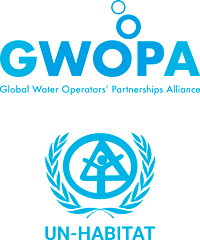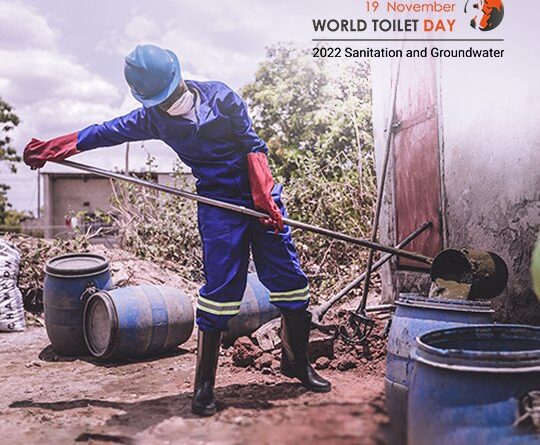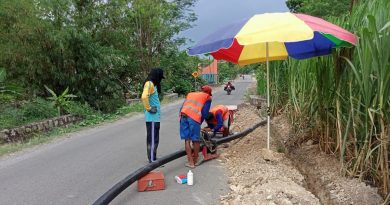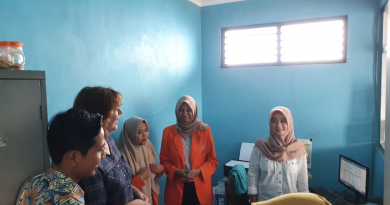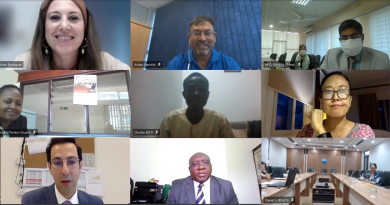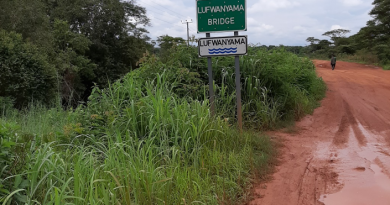November 19th is World Toilet Day: Making the invisible visible
World Toilet Day is significant as we face a global sanitation crisis.
SDG 6.2 on safe access to sanitation services is off track with over 3.6 billion people lacking safely managed sanitation services. This World Toilet Day highlights the importance of sanitation for the protection of groundwater sources that have been reliable sources of fresh water for the planet.
Lack of sanitation facilities and services may lead to pollution of groundwater sources through the infiltration of faecal matter into the aquifers.
There is either little or no data available on the impact of poor sanitation coverage on groundwater. However, it is evident that lack of sanitation services leads to disease outbreaks and poor hygiene conditions.
Access to safely managed sanitation is key to healthy, liveable cities.
How do we achieve universal access to sanitation?
The technical, institutional and financial capacities to deliver the required quantum leap in coverage are weak. Many local authorities, utilities and service providers focusing on water supply have inadequate methods, governance frameworks and resources to deliver sanitation and wastewater services at the required scale.
Conventional methods for sanitation management also need to be progressively adapted to select the appropriate sanitation value chain-wide technical and institutional solutions. Newer technologies, innovations, and business models to deliver services have been proven in specific settings, but wider-scale adoption has been slow.
How can GWOPA contribute to improving sanitation services?
With public water and sanitation operators in countries with poor sanitation coverage struggling to meet global development targets, there is huge untapped potential for them to learn from one another.
GWOPA has always seen a demand for sanitation-related focus in partnerships. However, we need to rethink Sanitation focused Water Operators’ Partnerships requiring the involvement of multiple stakeholders depending on the government mandate. GWOPA’s new sanitation strategy aims to foster partnerships beyond public utilities to municipalities and local governments. There needs to be a strong prioritization given to community-driven behavioral change in sanitation and the involvement of NGOs and the private sector in SWOPs. SWOPs should aim at scaling up mixed technologies, blended financing, pro-poor services, and private sector participation.
GWOPA through its network and online WOP platform has established communities of practice for knowledge dissemination. Knowledge sharing and exchange events on SWOPs and approaches like CWIS (city-wide inclusive sanitation) are welcome on the platform.
